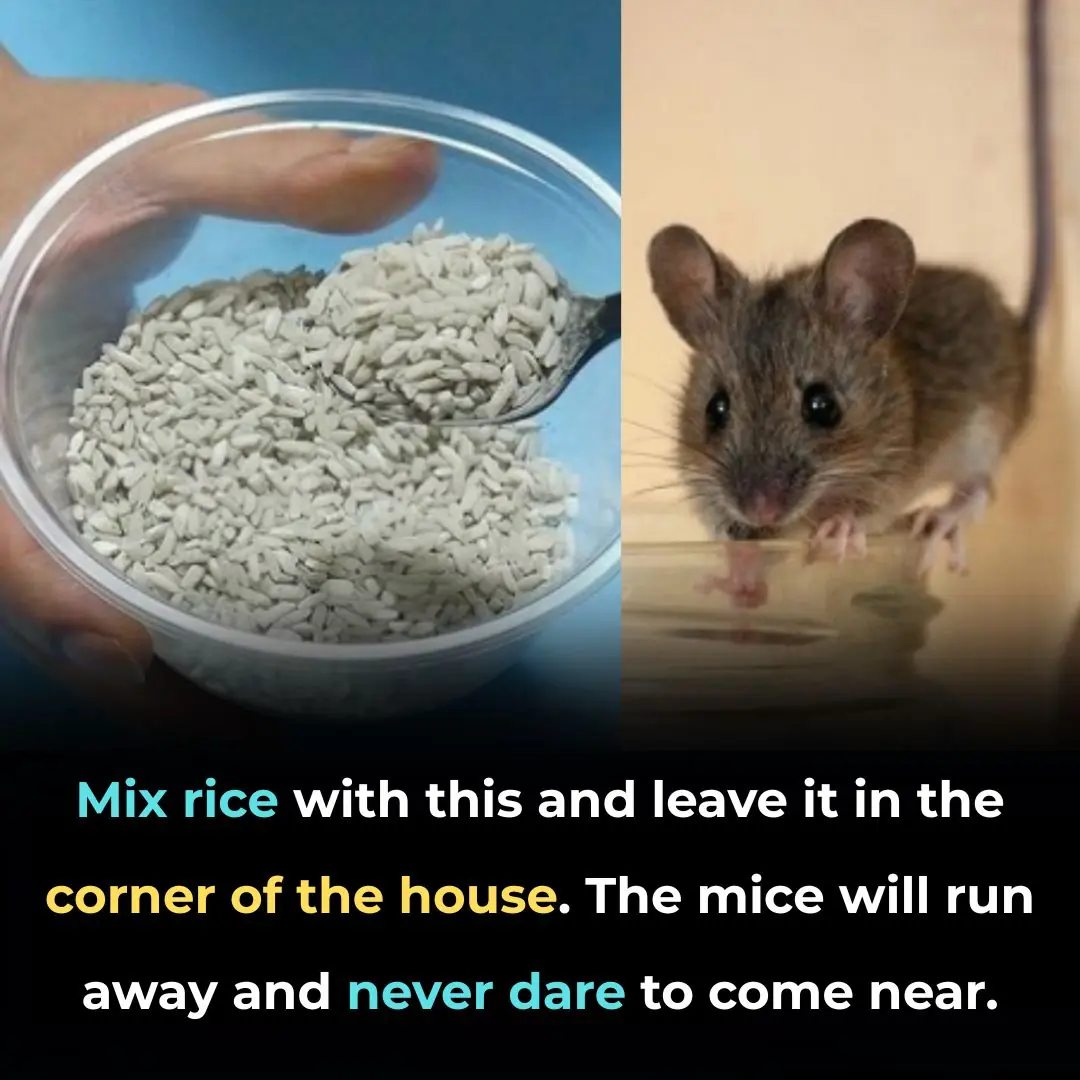
Foods Gout Patients Must Avoid at All Costs: Protect Your Health and Keep Painful Flare-Ups Away
Gout sufferers know all too well the agony of sudden flare-ups—sharp pain, swelling, and heat in the joints that can make even the simplest movements unbearable. While medication and medical care are essential, your diet plays an equally critical role in keeping gout under control.
To maintain stable health and prevent painful recurrences, those living with gout must strictly avoid certain foods that are proven to worsen the condition. Understanding what to cut out of your diet can be the difference between living comfortably and struggling with ongoing joint pain.
Recognizing the Signs of Gout
Clinically, gout usually begins with intense pain, swelling, redness, and warmth in one or more joints. The big toe is most commonly the first target, but over time, the condition can spread to the feet, knees, ankles, wrists, and even elbows.
If left untreated, gout can cause lasting joint damage and, in severe cases, disability. Those with kidney disease are at a much higher risk of developing gout, as their bodies struggle to filter uric acid effectively. This makes dietary management not just important—but essential.

Foods Gout Patients Should Absolutely Avoid
- Animal Organ Meats
Organ meats such as liver, kidney, and heart are loaded with cholesterol and protein. For people with metabolic issues like high cholesterol, diabetes, hypertension, obesity, or kidney disease, these foods pose significant risks.
Among organ meats, liver and kidneys are the worst offenders for gout patients because of their extremely high fat and purine content. Consuming them can drastically increase uric acid levels, leading to painful flare-ups. For those managing gout, these foods should be eliminated completely.
- Red Meat and Processed Meats
While meat is a good source of protein and minerals like iron, it is also rich in purines, compounds that break down into uric acid. Common culprits include beef, pork, turkey, and wild game.
Processed meats such as bacon, sausage, pepperoni, and smoked meats are even worse. These not only contain purines but also unhealthy additives and preservatives. Even meat-based soups and broths, like chicken soup or bone broth, can trigger attacks due to their concentrated purine levels.
- Seafood and Shellfish
Seafood, though nutritious, is notorious for worsening gout symptoms. Varieties like shrimp, lobster, crab, and mussels are especially high in purines. Once metabolized, these compounds spike uric acid levels in the blood, increasing the likelihood of flare-ups.
Doctors recommend limiting seafood intake to no more than 4–6 meals per week, and even then, choosing lower-purine options carefully.
- Anchovies and Certain Fish
Fish is generally considered healthy, but not all types are gout-friendly. Species like anchovies, herring, mackerel, and tuna are very high in protein and purines, making them risky choices for gout patients.
While some fish in moderation can be tolerated, these particular varieties should be avoided entirely to minimize painful joint inflammation.
- Vegetables High in Purines
Vegetables are usually celebrated for their vitamins, fiber, and hydration benefits. However, some types contain elevated purine levels, which can aggravate gout symptoms.
Problematic examples include mushrooms, lentils, beans, cauliflower, and asparagus. While not as dangerous as meats or seafood, excessive consumption of these vegetables may worsen the condition, so moderation is key.
- Baking Powder and Yeast-Based Products
Foods made with baking powder or yeast—such as bread, buns, pastries, and bagels—can also raise uric acid levels. These baked goods may seem harmless, but their purine content makes them a hidden threat for gout sufferers. Limiting or replacing them with whole-grain alternatives without added yeast can help reduce risks.
Final Thoughts: Diet as a Weapon Against Gout
Managing gout isn’t just about medications—it’s also about making smart food choices every day. Avoiding purine-heavy foods like organ meats, processed meats, certain fish, and yeast-based products can help reduce flare-ups and maintain joint health.
A balanced diet rich in vegetables (low-purine types), whole grains, lean proteins, and plenty of hydration gives your body the best defense against gout attacks. By staying disciplined with your food choices, you can ease pain, protect your joints, and enjoy a better quality of life.
News in the same category


Mice are running around on the ceiling, do this immediately and they will disappear without a trace, without any cost.

Why should you put a clove of garlic in the toilet at night? Knowing its uses, every family wants to follow suit

If your wooden door is infested with termites, just mix this and pour it in. The wooden furniture will still be beautiful after 10 years

There is a small switch on the washing machine: Press it once and the dirt will automatically be discharged

The kettle is full of dirt, put this in and boil until the dirt comes off, 2 minutes and it's clean

Don't rush to throw away the foam, use it for these things to see how useful it is

Mix rice with this and leave it in the corner of the house. The mice will run away and never dare to come near

Simple tips to clean phone speakers at home, anyone can do it

Drinking guava leaf water, the body receives these 6 great benefits

With just one lemon: You can get rid of all the ants in your house in no time, never to return.

Used Coffee Grounds: Don’t Throw Away Money – Amazing Everyday Uses You Should Know

I Put 3 Ice Cubes in the Washing Machine Like My Neighbor Did—What Happened Surprised Me

5 Best Drinks for Kidney Health — Especially #1, Free and Longevity-Boosting

3 Powerful Ways to Keep Snakes Out of Your Home and Protect Your Family
By combining natural repellents, careful use of traditional methods, and the protective instincts of pets, households can greatly reduce the likelihood of encountering these stealthy reptiles.

Save this valuable remedy that helps de:toxify and can save the life of someone bitten by a ra:bid d:og or snake in just 1 minute.

The method to drive away an entire rat colony using just a handful of rice, without the need for harmful poisons.

Clean your house with this simple trick using water, and the house will be as clean as new, with no dust sticking, even if you don't clean it for a whole week.
News Post

Nothing phone brutally mock Samsung after they slammed Apple's latest iPhone

Medicinal uses of the plant

Mice are running around on the ceiling, do this immediately and they will disappear without a trace, without any cost.

Shingles Vaccine May Protect Against Dementia, New Study Suggests
Could a simple vaccine hold the key to protecting the brain against one of the most feared diseases of aging?

7 Household Appliances That Drain More Power Than Your Air Conditioner—And Why I Regret Owning Them All
From constant-use devices like refrigerators to high-powered kitchen tools, every household has hidden electricity traps.

Surgeons Face the Highest Mortality Risk Compared to Other Physicians, Study Finds
From elevated cancer rates to stress-induced cardiovascular disease, the profession carries health costs that demand greater awareness and intervention.

The Most Dangerous Time to Sleep: Why Going to Bed Late Can Harm Your Health

DIY Carrot Oil for Skin: Natural Remedy for Radiance and Anti-Aging
Homemade carrot oil is a simple, nutrient-packed solution for brighter, firmer, and deeply hydrated skin. Whether you choose the slow, nutrient-preserving sun infusion or the quick simmering method, this golden oil can rejuvenate your skin from the inside

Random Stabbing Pains In Your chest Has Finally Been Explained

Varicose Veins: Causes, Symptoms, and Treatments for Better Circulation

Why should you put a clove of garlic in the toilet at night? Knowing its uses, every family wants to follow suit

If your wooden door is infested with termites, just mix this and pour it in. The wooden furniture will still be beautiful after 10 years

There is a small switch on the washing machine: Press it once and the dirt will automatically be discharged

The kettle is full of dirt, put this in and boil until the dirt comes off, 2 minutes and it's clean

4 types of vegetables that cancer cells fear the most, doctors remind: eating a little bit often is good for your health

Don't rush to throw away the foam, use it for these things to see how useful it is

Mix rice with this and leave it in the corner of the house. The mice will run away and never dare to come near

6 Sneaky Signs Your Diet Can Be Harming Your Body
